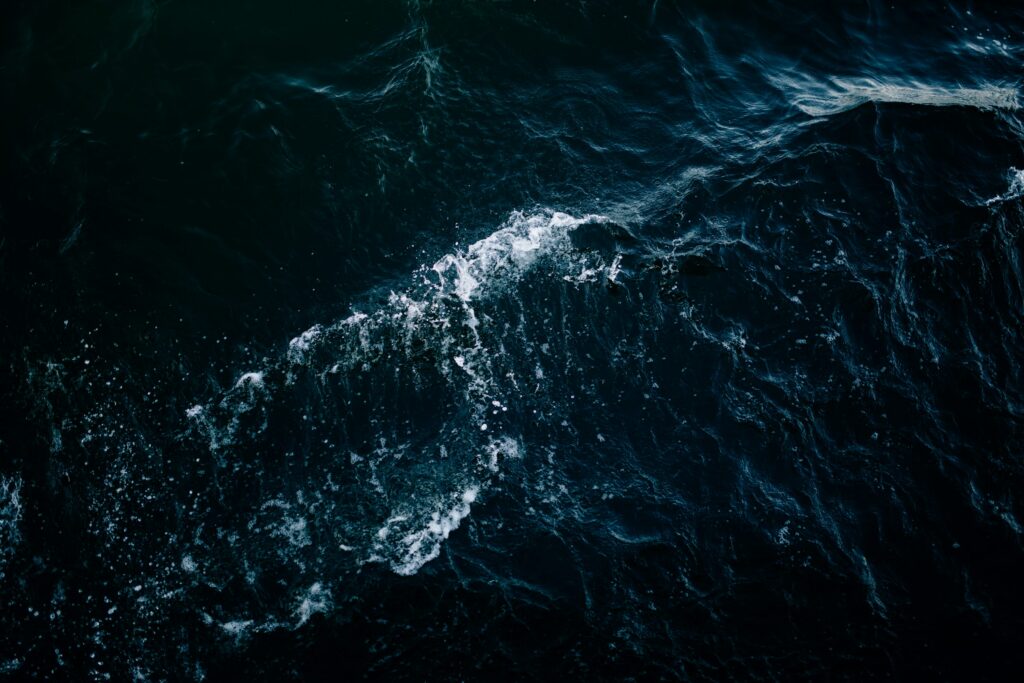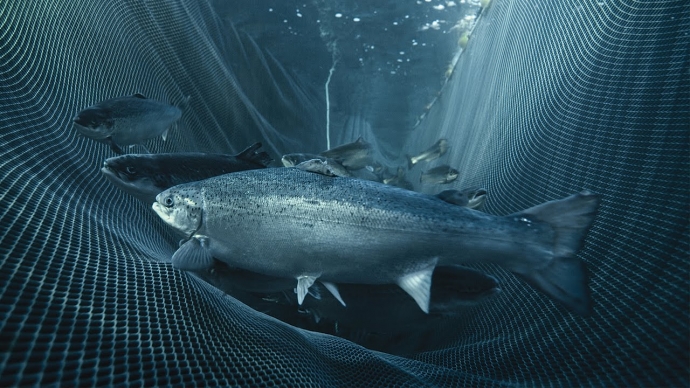After years of factory trawlers, drift nets, open access and lack of enforceable regulations, it turns out it’s not overfishing that’s killing the fish, it’s… drum roll please… global warming. Of course it is. “The World is Losing Fish to Eat as Oceans Warm, Study Finds” says the New York Times. Odd that the decline should date to 1930. But in the wacky world of warming, effect can precede cause if the model needs it to.
This is an extraordinary story because overfishing is, one would think, a classic case of humans harming the environment in ways we understand and should try to fix. It might not be easy; the big issue with ocean fishing is that most of the water is not under anyone’s jurisdiction, creating a classic “tragedy of the commons” where everyone races to exploit a resource before others do and the most irresponsible and unscrupulous nations, or pirates, make the most money.
It’s also odd because the actual history of the Earth suggests that most life forms, land and water, prefer warmth to cold. Back in the day, whether one looks at the Eocene or the Mesozoic, living things were bigger and roamed further when it was warmer. But apparently since the mid-20th century, warmth only benefits horrible things like rats while making short work of the cute, the beautiful and the useful. (Indeed, another recent story warned that “in what experts say could be their way of adapting to climate change” crabs off the BC coast were being deprived of plankton and were instead munching on methane-filled bacteria, which was bad for the crabs and presumably also the planet.)
To say so is not to disparage the concern with declining wild fish populations. Rather, it is to underline that we know what’s wrong and understand why it’s hard to fix. Until suddenly climate change comes in and pushes aside the fishing boats and their huge, weighted nets that literally scrape the ocean floor. (Those who deplore “fish farming” might be surprised to learn that it now contributes more to the human diet than the wild kind and that the consequence of listening to the horror stories about sea lice etc. would be to reduce our consumption of this healthy meat while further devastating the seas themselves.) Just as CO2 pushes aside the sun and every other potential factor involved in the gentle warming we seem to have seen, on and off, since the 1860s.
One final curious note is that it appears that the waters around Iceland may be cooling. If so shall we watch for the fish to rebound? Or just the excuses?



It's also likely that green energy hydro electric dams have contributed to the reduction of Orca food. Removing these dams would surely increase the habitat of Spring Salmon.